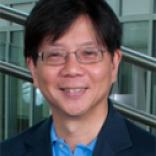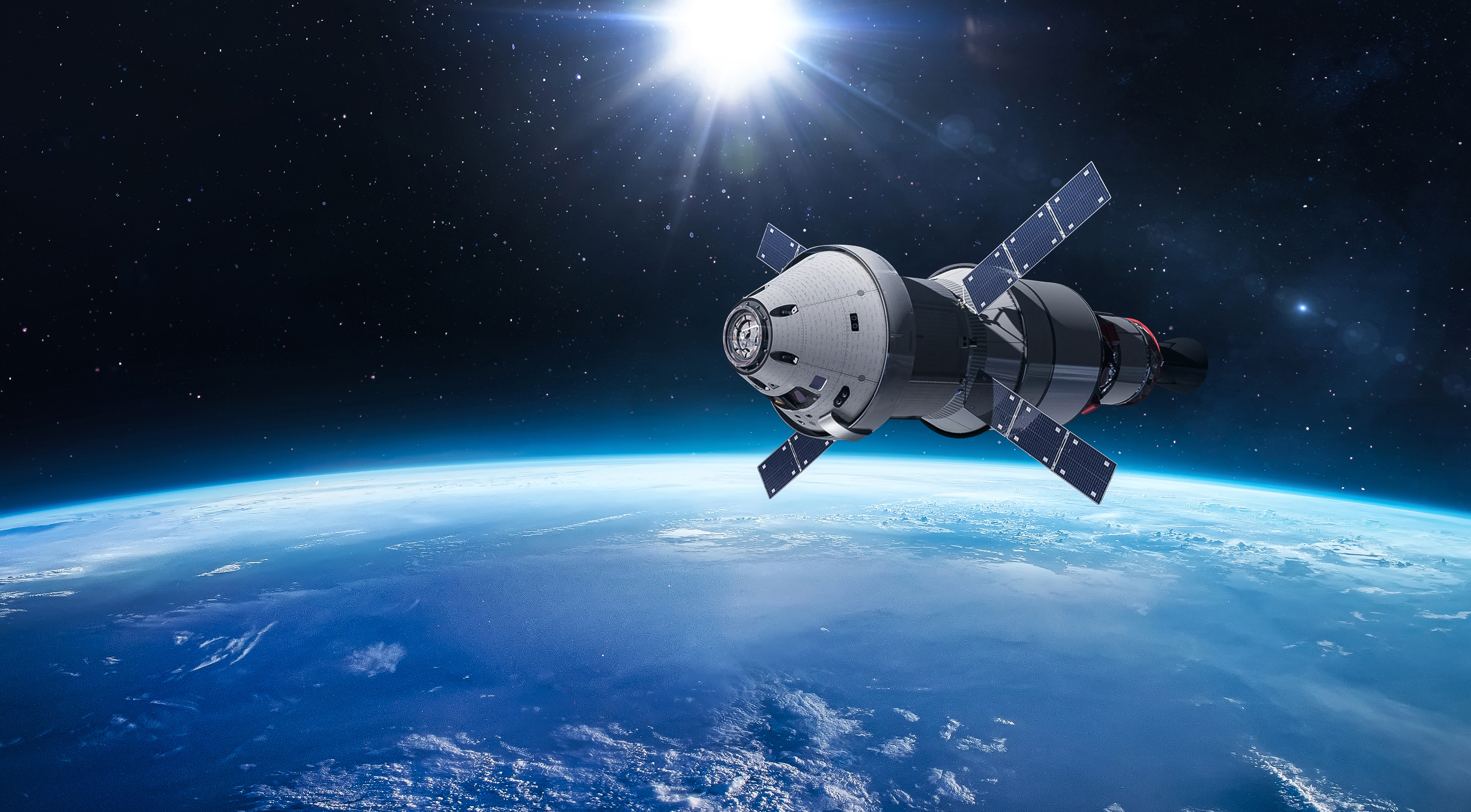Stanford University experts survey the aeronautics and astronautics research landscape on campus, covering topics including multisatellite autonomy; in-space logistics, servicing, assembly, and manufacturing (ISAM); space sustainability; spacecraft systems and structures; and services to earthbound users. They also analyze the organization of space research and discuss space policy issues, including those related to national security, space debris management, international competition, and export controls.
Stanford University experts survey the aeronautics and astronautics research landscape on campus, covering topics including multisatellite autonomy; in-space logistics, servicing, assembly, and manufacturing (ISAM); space sustainability; spacecraft systems and structures; and services to earthbound users. They also analyze the organization of space research and discuss space policy issues, including those related to national security, space debris management, international competition, and export controls.
A Deeper Dive into Space by Hoover Institution

Herbert Lin
Dr. Herb Lin is a research fellow at the Hoover Institution and senior research scholar for cyber policy and security at the Center for International Security and Cooperation, both at Stanford University. His research interests relate broadly to policy-related dimensions of cybersecurity and cyberspace, and he is particularly interested in the use of offensive operations in cyberspace as instruments of national policy and in the security dimensions of information warfare and influence operations on national security. In addition to his positions at Stanford University, he is Chief Scientist, Emeritus for the Computer Science and Telecommunications Board, National Research Council (NRC) of the National Academies, where he served from 1990 through 2014 as study director of major projects on public policy and information technology, and Adjunct Senior Research Scholar and Senior Fellow in Cybersecurity (not in residence) at the Saltzman Institute for War and Peace Studies in the School for International and Public Affairs at Columbia University; and a member of the Science and Security Board of the Bulletin of Atomic Scientists. In 2016, he served on President Obama’s Commission on Enhancing National Cybersecurity. Prior to his NRC service, he was a professional staff member and staff scientist for the House Armed Services Committee (1986-1990), where his portfolio included defense policy and arms control issues. He received his doctorate in physics from MIT.To read more about Herb Lin's interests, see "An Evolving Research Agenda in Cyber Policy and Security."Avocationally, he is a longtime folk and swing dancer and a lousy magician. Apart from his work on cyberspace and cybersecurity, he is published in cognitive science, science education, biophysics, and arms control and defense policy. He also consults on K-12 math and science education.

Simone D’Amico
W. M. Keck Faculty Scholar of EngineeringSimone D’Amico is associate professor of aeronautics and astronautics and professor, by courtesy, of geophysics at Stanford University, where he serves as the W. M. Keck Faculty Scholar of Engineering. His research explores the intersection of advanced astrodynamics, spacecraft navigation and control, autonomous decision making, and space system engineering. He currently leads satellite swarm and formation-flying projects for NASA and the National Science Foundation. He received his PhD in aerospace engineering from Delft University of Technology.

